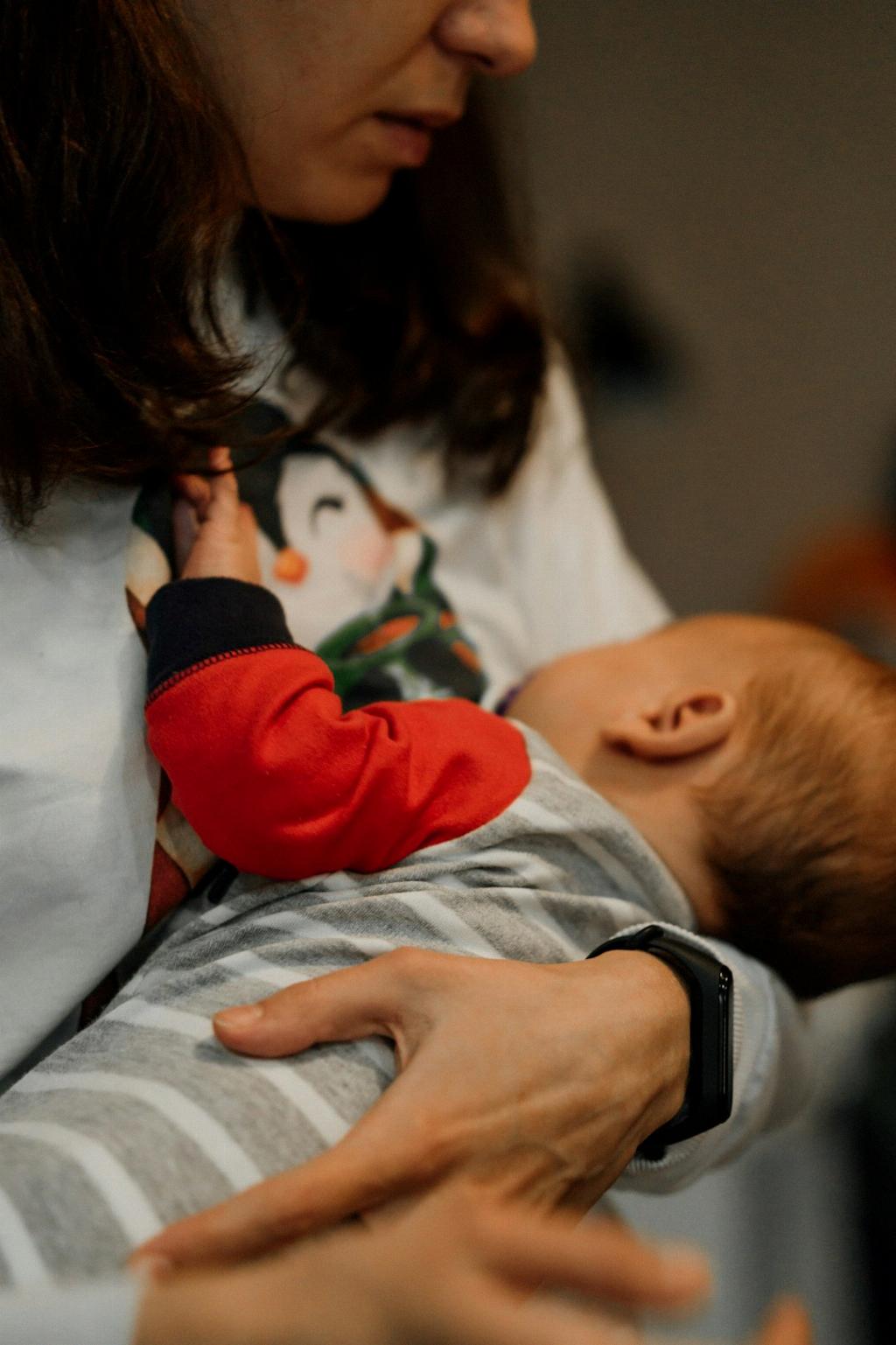When it comes to maintaining a healthy diet while breastfeeding, many mothers are cautious about what they consume to ensure that it doesn’t negatively impact their babies. One common question that arises is whether drinking soda can make a baby gassy. In this article, we will delve into the effects of soda on breast milk composition, its potential impact on infant digestion, and provide recommendations for breastfeeding mothers to help manage soda consumption and prevent infant gassiness.
Effects of Soda on Breast Milk Composition
Consuming soda while breastfeeding can have implications for the composition of breast milk. While regular soda consumption may not directly affect breast milk, it’s worth noting that caffeinated sodas can potentially cause irritability and colic symptoms in breastfed babies. Some mothers have reported sensitivity to caffeine in their infants, which can lead to discomfort.
Moreover, the carbonation and artificial sweeteners present in soda may also be transferred to breast milk, although the extent to which this occurs varies. These components can potentially affect the taste and quality of breast milk, which may impact the baby’s feeding experience.
Potential Impact on Infant Digestion
One of the main concerns regarding soda consumption by breastfeeding mothers is its potential impact on infant digestion, specifically leading to gassiness in babies. The consumption of carbonated drinks like soda can introduce excess gas into the mother’s system, which can then be passed on to the baby through breast milk.
Infant gassiness can cause discomfort and bloating in babies, leading to fussiness and irritability. While the link between soda consumption and infant gassiness is not definitive, some mothers may notice a correlation between consuming carbonated drinks and increased gas in their babies.
Recommendations for Breastfeeding Mothers
For breastfeeding mothers concerned about the potential effects of soda on their babies, there are several tips to consider. Firstly, moderating the consumption of caffeinated sodas can help reduce the risk of irritability and colic symptoms in infants. Opting for non-caffeinated or low-sugar alternatives can be a safer choice.
Additionally, staying hydrated with water and other non-carbonated beverages is essential for maintaining a healthy milk supply and ensuring adequate hydration for both the mother and baby. Including a variety of nutritious foods in the diet can also help support breastfeeding and minimize any adverse effects of soda consumption.
Conclusion
In conclusion, while drinking soda may not directly cause gassiness in babies, breastfeeding mothers should be mindful of the potential impact of soda consumption on breast milk composition and infant digestion. By making informed choices and paying attention to their baby’s cues, mothers can establish a balanced diet that supports optimal breastfeeding outcomes. Maintaining a healthy diet and lifestyle is crucial for both the mother’s well-being and the baby’s overall health.

